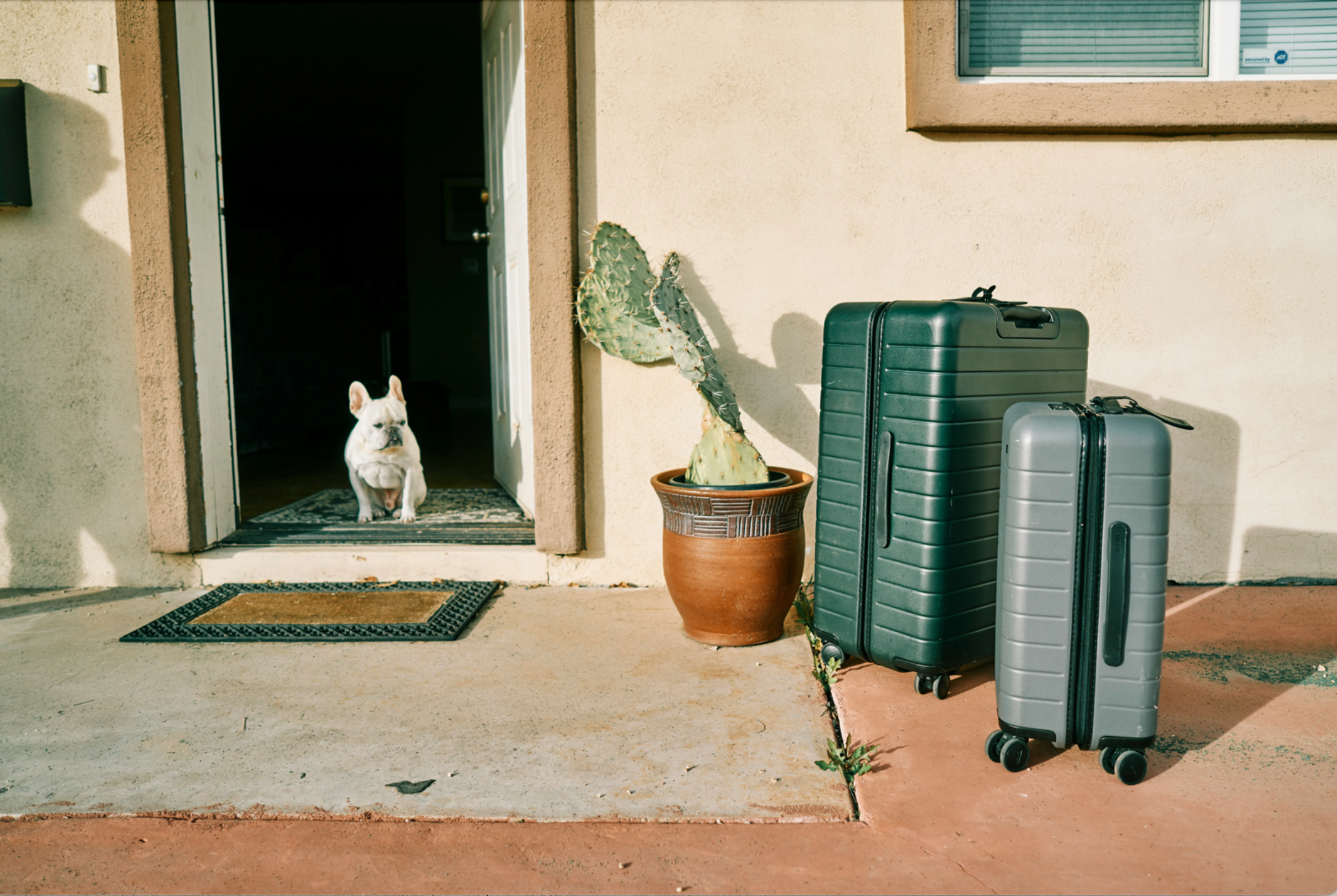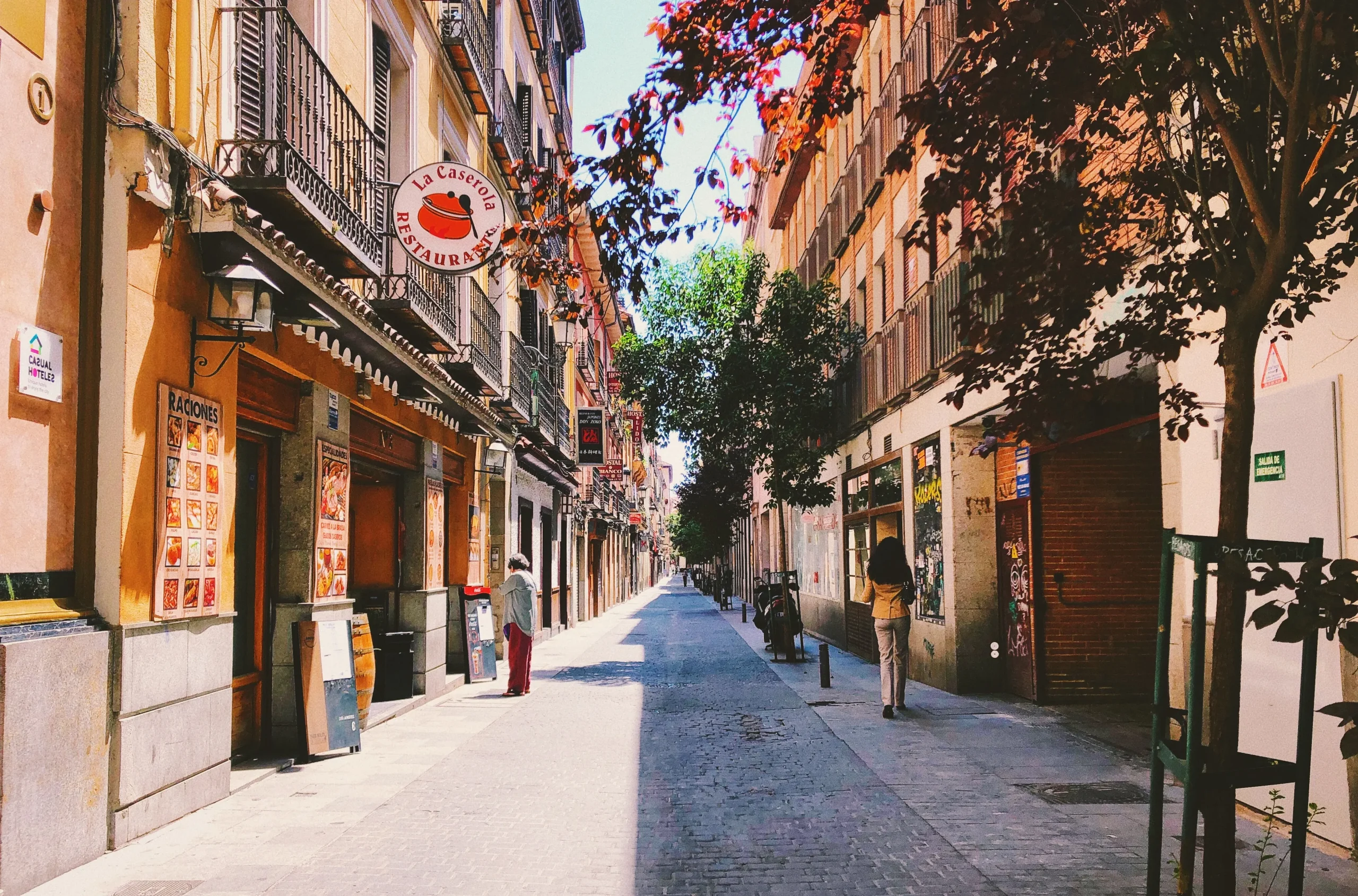Buying a house in Spain 🏠🇪🇸
Currently, buying a house in Spain is going through one of its best moments since 2008. Specifically, the purchase of new properties in Spain has increased by 13.2% since the previous quarter and second-hand properties by 14.3%. Regarding property prices, this has seen an annual increase of 10.61%.
Foreign demand for home purchases in Spain continues to recover after the covid-19 crisis. During the first quarter of this year 2022, it has come to represent 13.17% of all sales transactions.
The areas where home purchases in Spain have increased the most are the following:
- Madrid
- Barcelona
- Alicante
- Malaga
- Valencia
- Seville
- Murcia
When you come to us for advice, lots of you ask about expenses. It is essential that you take into account all the expenses. This way, you have a clear understanding of the expenses and be able to plan your finances for buying a house in Spain.
How much does it cost buying a house in Spain?💶 The expenses and costs involved for a foreigner.
👉 Did you know that buying a house in Spain in some cases can give you a residency permit?
As for the expenses and taxes related to buying a house in Spain, from Luxton we have prepared the following summary.
– Expenses (one-off payments) at the time of buying a house in Spain.
- Transfer tax (ITP). This tax is usually applicable when it is a second-hand property. The amount you have to pay is between 6% and 10% depending on the Autonomous Community where the property is located.
- Notary fees. In Spain, you have to formalize the purchase of a property in a public deed before a notary public. The notary expenses derived from the deed are usually around 1.500 €.
- Property registration. The registry fees for the registration of the property are usually around 1.000 €.
- Bank commissions. At the moment of formalizing the sale and purchase, it is normal that the payment is made through a bank check. Therefore, a bank will charge around 300 € for the issuance of the check.
- Technical architect. Before buying a house in Spain, we advise you to carry out a technical review of its condition. This way you make sure that everything is in order before formalizing the purchase. Technical architects usually charge around 450 € for the review and issuing a report.
- Lawyers, real estate or advice. The fees usually charged by real estate agencies for the purchase of housing in Spain is usually 1.2% of the amount of the sale.
– Recurring expenses when buying a house in Spain
Buying a house in Spain also entails recurring expenses, either monthly or yearly, related to the maintenance or use of the property.
By way of example, we point out the following:
- Home insurance in case it is contracted.
- Supplies such as water, electricity, internet, etc.
- All the properties are subject to the payment of the IBI (Real Estate Tax) which is a municipal tax. The amount will be fixed by the Town Hall of the town where the property is located.
- Expenses of the community of owners (if there is one).
- If you are a non-resident, the Non-Resident Tax. If you are a Non-Resident, and you plan to rent the property, you will have to present quarterly liquidations to the Tax Agency.
- Keep in mind that the listed expenses could vary depending on the Autonomous Community where the property is located, Notary’s office, etc.
How to buy a house in Spain? 📣
When buying a house in Spain you must take into account the following steps:
NIE. Being a foreigner, the first step is to obtain the Foreigners Identification Number (NIE). This number is assigned to any person who is going to carry out an economic activity in Spain.
Although it is not mandatory to have a bank account when buying a house in Spain, it is highly recommended to open one for operational purposes.
Tax agency registration. This is a step that people are often unaware of, and it involves registering with the Spanish Tax Agency as a Non-Resident or Resident (as the case may be).
Also, it is important for you to know that we can do all these steps on your behalf through a Power of Attorney.
Below you’ll find a summary of the most important steps regarding the buying process in Spain:
1. Reservation
Once you have located the property you are interested in, you will be presented with an offer for the real estate agent/seller to take the property off the market. This initial deposit is usually around €3,000.
2. Private Purchase and Sale Agreement (“Arras”)
The agreement can be formalized by means of a contract of sale with the delivery of Arras or an option to purchase contract. In these agreements, the buyer is obliged to buy and the seller is committed or obliged to sell.
3. Deed of sale
When the public deed of sale is executed, the buyer becomes the owner (unless otherwise agreed) and is subject to all the rights and obligations that this implies. The deed of sale is signed before a notary in Spain.
4. Taxes settlement
It will be necessary to determine which taxes apply to each case. The tax rate (amount to be paid) on the purchase of a property in Spain varies depending on the region where the property is located.
5. Registration
Once the property has been acquired, the deed or title must be registered in the Land Registry. Although registration is not obligatory, it is highly recommended since it certifies before third parties the ownership of the property and its encumbrances.
6. Notifications
Also, the acquisition of the property must be notified to different organizations such as the Town Hall, the Cadastre or the Community of Owners.
7. Supplies
The buyer must contract or change the ownership of the different supplies that the property may have.
Some of the procedures involved in buying a house in Spain may be unfamiliar to foreigners, so it is advisable to have a legal advisor to assist you during the purchase process.
Contact us to guide you through the process!😉





Pingback: Guide to Income Tax in Spain for Non-Residents 2022🧾 - Luxton Legal
Hi I am interested in buying a property in Torrevieja. We have seen a property online that we like the look of but we haven’t a clue where to start. We aren’t sure of what banks to approach to see about a mortgage or what our first steps should be? Would appreciate any advice
Hi Jenna,
Thanks for reaching out! We will e-mail you shortly with information.
Have a good day!
Pingback: Tips to Help You Find the Right Rental Property - Money For Lunch
Pingback: Where should you be buying a house in Spain 2022? 🏘🇪🇸 - Luxton Legal